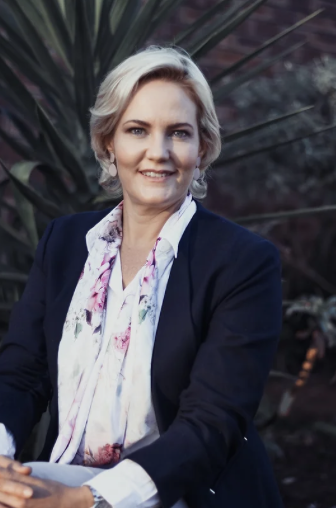Medshield consulted counselling psychologist Jacqui Morgan about mindfulness: What exactly it is? and How it can work as a tool for stress management?
What Exactly Is Mindfulness?
“Mindfulness is being aware of your thoughts, emotions and physical sensations in the present moment without judgement and without trying to change it,” explains Jacqui. “Practising this will reduce suffering, increase control of your mind and add an openness to accept reality as it is,” she explains.
“The scientific rationale behind mindfulness has a lot to do with regulating the nervous system which in turn regulates your emotions. Having a regulated nervous system allows you to emerge from your ‘emotion brain’ and utilise your ‘thinking brain’, where it becomes possible to think about what you’re feeling – bringing a sense of containment and calm,” explains Jacqui.
Referencing meditation and mindfulness expert, James Baraz, Jacqui says: “Mindfulness is simply being aware of what is happening right now without wishing it were different; enjoying the pleasant without holding on for when it will change – which it will; being with the unpleasant without fearing it will always be this way – which it won’t.”
How to Practise Mindfulness
Jacqui recommends trying this quick mindfulness method from Marsha Linehan’s Dialectical Behavioural Therapy which we can all apply and try.
“When an uncomfortable emotion – or a thought that stirs up an unpleasant emotion – enters your mind, acknowledge it by describing it as it is: ‘naming and taming’ as it were. Resist evaluating it by labelling it as good or bad or whether you like it or not. For example, ‘A feeling has just washed over me that has made my body feel heavy in my seat’,” explains Jacqui.
“Picture yourself lying on your back watching the clouds drift across the blue sky. So too are thoughts and emotions drifting through your mind like clouds in the sky. Just because you have a thought doesn’t mean it’s true and just because you feel an urge doesn’t mean you have to act on it,” she says.
How to Become Present
“Taking hold of the mind has helped me and so many of my patients to do – and it starts with becoming present,” says Jacqui. Reflect on the experience of becoming more present as you ask yourself the questions below. As you continue, read each question slower than you would usually.”
- Can you feel your hair touching your head?
- Can you feel the distance between your eyes?
- Can you feel your chest rising and falling as you breathe?
- Can you feel your arms touching your body?
- Can you feel the space in your mouth?
- Can you feel the position of your tongue in your mouth?
Jacqui’s approach is largely informed by a psychodynamic perspective/. She offers face-to-face and online psychotherapy to individual adults and couples. Email her at jacqui@morganpractice.co.za for more information and to set up an appointment.
Visit our Resource Hub for more insightful articles on fitness, health, mental health and food!
 "
"